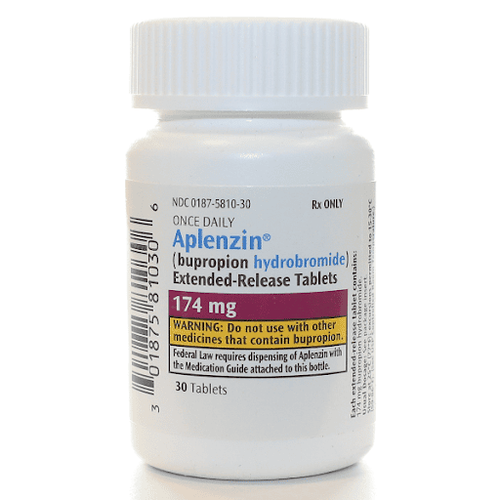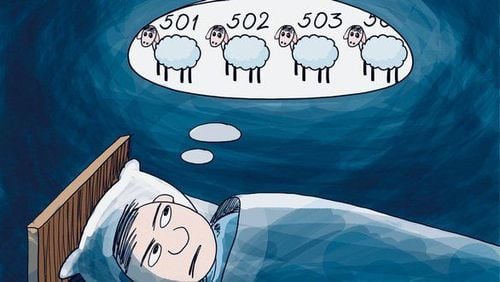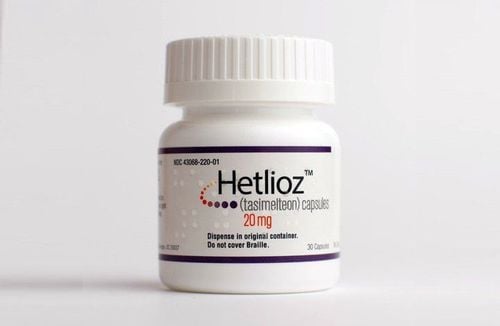This is an automatically translated article.
The occurrence of good dreams while sleeping is usually nothing to worry about. But vivid dreams of a negative nature, especially if they last for weeks or months, can upset your emotions and disrupt your sleep.
1. What is a good dream while sleeping?
We always think that sleep is the time when the body rests to recharge. In fact, our brain is quite active during sleep, the phenomenon of dreaming occurs. Dreams are of varying degrees and can be gentle or scary, mysterious or helpful, and real or fantastical.
Sometimes we forget our dreams after waking up or we don't remember that we dreamed. There are also times when we can recall our dreams because they were intense, intense, passionate, or vibrant. These are called vivid dreams.
2. Causes of vivid dreams
Brain scientists think that dreams have something to do with memory. Dreaming can help the brain get rid of any unnecessary memories and store important information. Some people feel more comfortable after sleeping and dreaming, even if they don't remember dreaming. Most people will remember the last dream that occurred during their sleep. If you have an intense, intense dream, you can remember it for a long time.
Sleep dreams can be positive or negative, real or imaginary. Scientists think most intense, heavy dreams happen during Rapid Eye Movement (REM) sleep. REM sleep typically has a 90-minute cycle each night and lasts 20 to 25 minutes. About 25% of an adult's nightly sleep is spent in REM cycles. The average adult should sleep 7 to 9 hours a night for best health. So, what causes vivid dreams? Scientists aren't entirely sure, but they think some of the following factors may play a role:
Stress or anxiety: When you're struggling with something in your life, You will experience anxiety and stress when you have to think of a solution. Sleep deprivation problems can also increase the risk of having vivid dreams. Changing your schedule, disrupting your sleep schedule, such as flying abroad, changing hours, or sleeping less than usual can also increase this risk. Medications can induce vivid dreams: Certain medications such as antidepressants, beta-blockers, blood pressure medications, Parkinson's disease medications, and smoking cessation medications have been reported to contribute to these symptoms. vivid dream.

Một số loại thuốc bạn sử dụng có thể khiến giấc mơ đẹp khi ngủ
Substance abuse: Using alcohol, drugs, or drug addiction increases the chance of having vivid but often nightmare dreams. Other health disorders: Certain mental health conditions such as depression and schizophrenia or physical illnesses have been linked to vivid dreams. During pregnancy, there are many hormonal changes in the body. Many pregnant women report experiencing vivid and often beautiful dreams.
3. The side effects of negative vivid dreams
The appearance of good dreams is usually nothing to worry about. But vivid dreams of a negative nature, especially if they last for weeks or months, can upset your emotions and disrupt your sleep. That can cause health problems such as:
Daytime drowsiness: This can make you lose concentration and memory, affecting work efficiency. It can even affect your ability to perform everyday tasks like driving, cooking, etc. Mood problems: Vivid dreams can fade emotions, causing mood swings. symptoms of anxiety or depression. This can be a concern if vivid dreams are persistent. Resisting sleep: You may consciously or subconsciously avoid going to bed for fear of having another bad dream. Suicidal thoughts: Some people have reported that suicidal thoughts often pop into their heads when they have vivid, negative dreams. This is extremely serious.

Ngoài mơ thấy giấc mơ đẹp thì một số giấc mơ khác có thể khiến bạn có suy nghĩ tự tử
4. Treatment of vivid dreams
The exact cause of vivid dreams is not always identifiable. In many cases, these dreams are not worrisome, they will go away with time. But if vivid dreams are causing you mental distress or other physical problems, see your doctor or sleep specialist for the right treatment for you. Here are some common treatments for vivid dreams.
Medical intervention: Your poor physical or mental health will increase your risk of having vivid dreams. Improve your health to limit those dreams from happening. Practice healthy living habits: Eat scientifically, healthy; maintain a healthy weight; get enough sleep, maintain a regular sleep schedule; drink enough water. Relax: There are often problems with anxiety or pressure and stress in life. If you feel like your stress and anxiety levels are out of control, you might consider meditating, breathing deeply, or relaxing every day after work with your favorite activities. Visual rehearsal therapy: This treatment is often used by doctors for people who experience vivid dreams, especially traumatic nightmares. This therapy is done with a doctor or mental health professional to change the ending of a nightmare you remember while awake until it no longer becomes threatening. Medication: Most doctors do not recommend using medication to treat vivid dreams. However, in the case of psychologically affecting nightmares, such as post-traumatic stress disorder, your doctor may consider prescribing a sleeping pill or an anti-anxiety medication to help induce sleep. Dreams that are vivid in a positive direction are usually not worrisome. But if you have a nightmare that is intense, prolonged, and negatively affects you, see your doctor for the most appropriate and timely treatment.
Please dial HOTLINE for more information or register for an appointment HERE. Download MyVinmec app to make appointments faster and to manage your bookings easily.
Reference source: healthline.com












